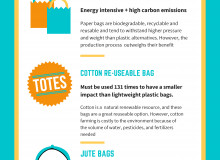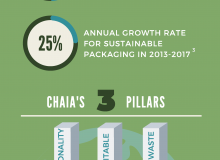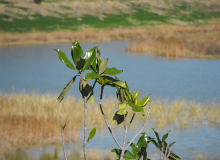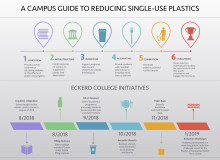Green Communities
It takes a village. Or a city. Some PF Member ideas for turning whole communities green.
George Washington University
When you're shopping, we as consumers have become accustomed to having a bag to hold our goods. However, the environmental cost and life span of the bag we use varies depending on the materials.
The George Washington University
Through research and actions, I've learned that it's actually in the best interest of local businesses to strive for a more sustainable business model.
The George Washington University
An artistic exploration of social themes concerning the D.C. waterfront, the Anacostia River, and the overall gentrification of D.C.
The George Washington University
A proposed weeklong event promoting reusable energy resources, smart technologies, and raising awareness about energy waste and potential savings.
Northwestern University
Hybrid, nature-based infrastructure could help protect areas like Houston, Texas from floods, while providing other benefits for the community.
Northwestern University
The Tokyo Organizing Committee of the Olympic and Paralympic Games has been collecting used electronics all over Japan to extract the metal and make Olympic medals.
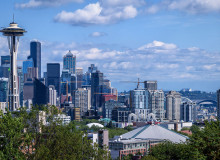
A view of downtown Seattle from Kerry Park. (Diana Robinson/Creative Commons)
Planet Forward Correspondent | SUNY-ESF
"Urban resilience” is a hot term being thrown around within the environmental community. But what does it mean?
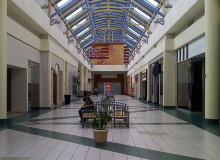
Many of this mall's tenants left after the anchors stores closed at The Mall at the Source in Westbury, New York. (Creative Commons)
SUNY College of Environmental Science and Forestry
The decline of shopping malls is a result of online shopping and the need for instant gratification.
Eckerd College
The Eckerd College Reduce Single-Use project has developed a guide for colleges and universities looking to break free from single-use plastic.
The George Washington University
The plastic industry boomed after World War II. But it didn’t take long for reality to sink in. Plastics were polluters. So now what?

